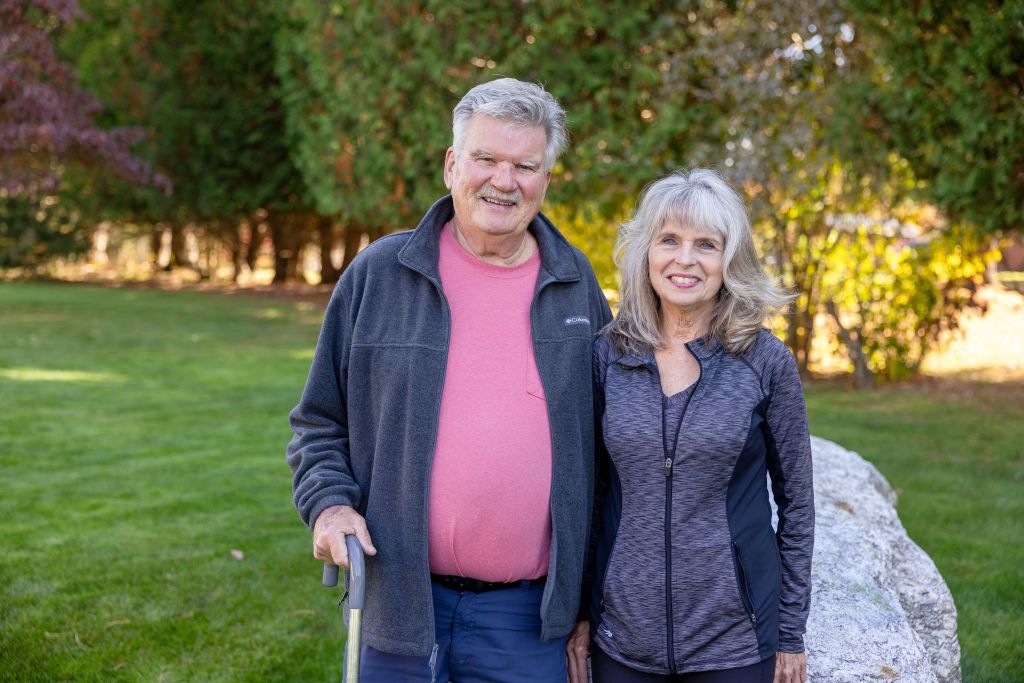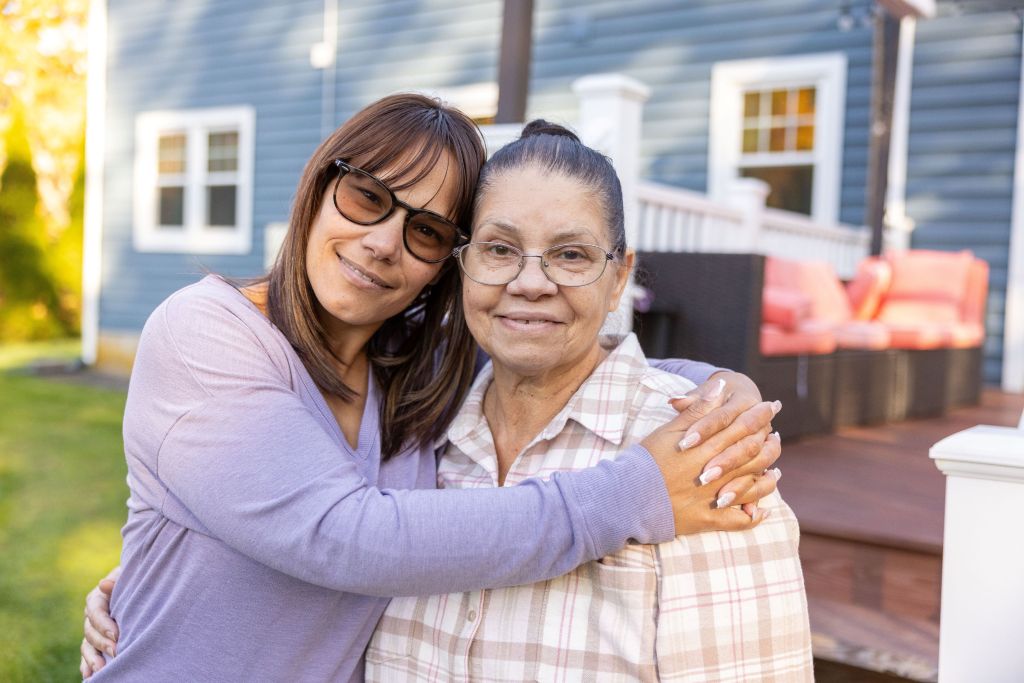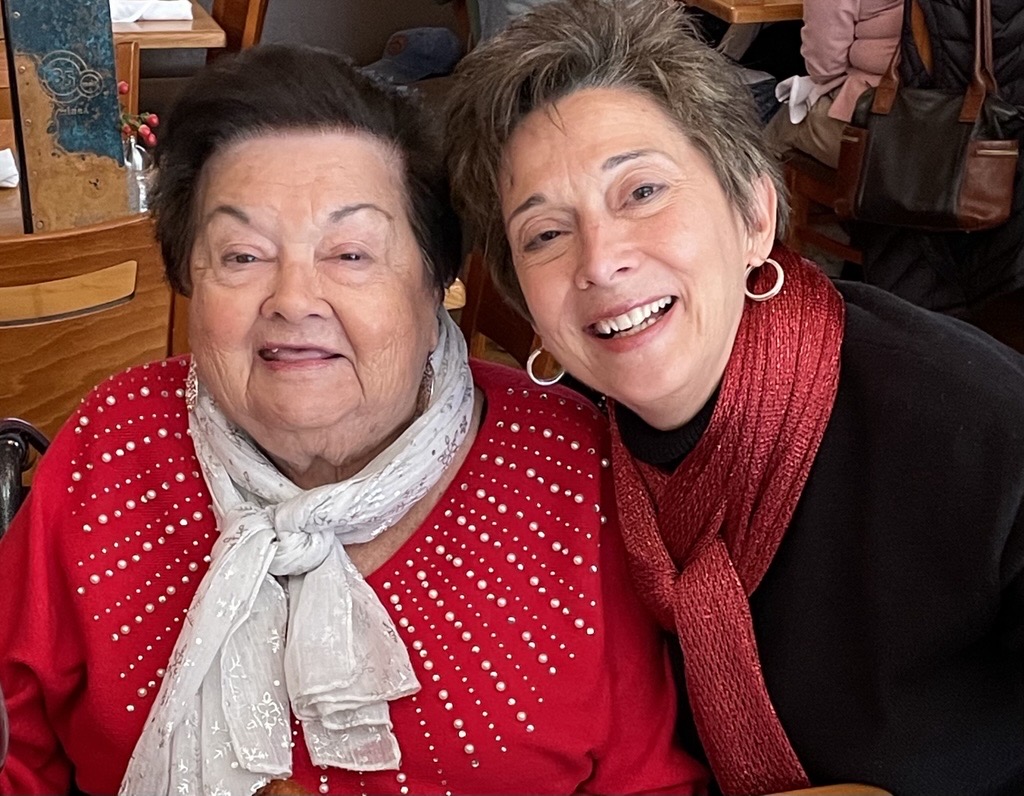
Protecting Yourself as a Caregiver in a Dangerous Situation
Three Self-Protection Steps for Caregivers in a Dangerous Situation
Below are three steps to quickly identify the signs of abuse and effectively protect yourself. The more you practice, the easier they’ll become to implement.
- Trust your gut. If you’re fearful for your safety, have an uneasy, anxious feeling or find yourself infuriated when you’re around (or about to be around) your loved one, stop. It’s time to take some space and listen to your internal warning system. It’s a built-in mechanism that notifies you of a personal boundary violation and signals that it’s time to protect yourself.
- Think before you act. Once your ‘gut’ notifies you of a personal boundary violation, it’s time, once again, to stop … and ask yourself this question: “Am I going to react or respond to this situation?” There’s a big difference between the two. When we ‘react’ we’re activating an unconscious part of our brain that is based in a hyper alert mode (also known as ‘fight’ or ‘flight’). That’s why we often find ourselves yelling, slamming doors and a host of other behaviors that mirror the abuse we just encountered. When we ‘respond’ to a situation, we’ve caught our ‘fight’ or flight’ mode before it kicks in. This typically takes about 10 seconds. Even if we experience intense feelings of anger or sadness or the desire to run away, we have the ability to consciously choose how to express our emotions with a calmer demeanor.
- Learn to say, “No” and walk away. As caregivers, we’re tired and being tired leaves us vulnerable. When someone we love is abusive, it can be very challenging to actually walk away. “What if something happens to him or her if I leave?” “Will I regret that I left?” “He didn’t really mean to say that to me. I shouldn’t have gotten so angry.” These are normal thoughts and feelings. However, it’s important to remember to care for yourself first. If the abusive behavior is causing you distress, tolerating it is the last thing you need to do to ensure your well-being.
It takes a lot of practice, but once we know our internal warning system and determine how to respond to it – we save ourselves and our loved one(s) a great deal of emotional, physical and spiritual suffering. ______________________________________________________________________ April Koontz is a family caregiver and founder of Daughters Unite, the first social networking site created for caring daughters by caring daughters. April has a master’s degree in social work and has worked as an individual, group and family therapist and a product marketing manager in the health information technology field. She’s intensely committed to patient advocacy especially with the older adult population and helping individuals and families have meaningful conversations about end of life planning. She’s also a songwriter. You can check out her music at here: www.aprilkmusic.com.


